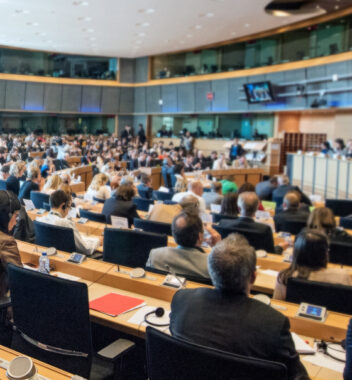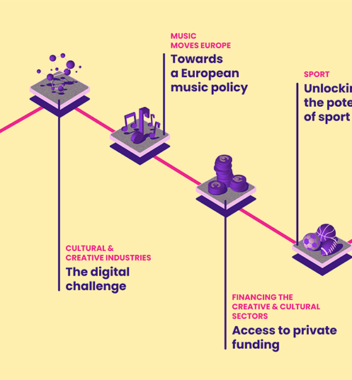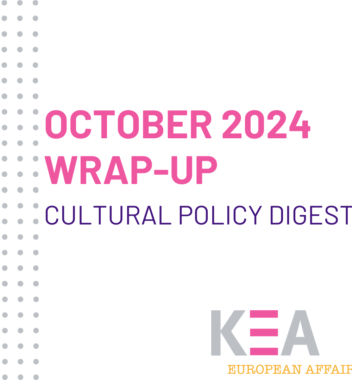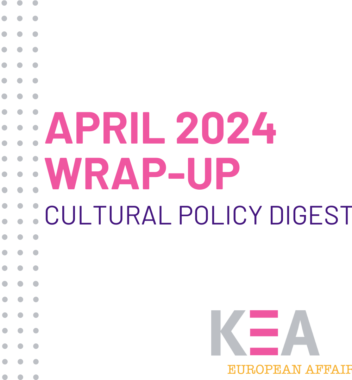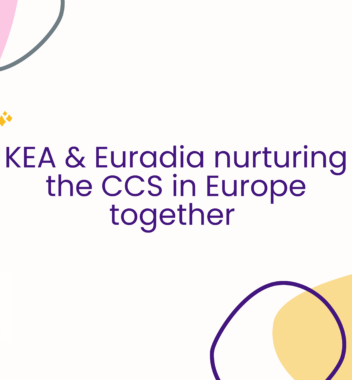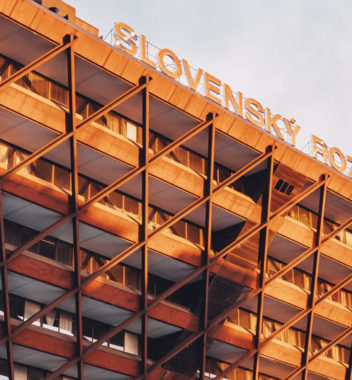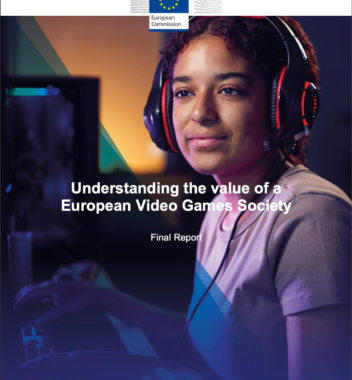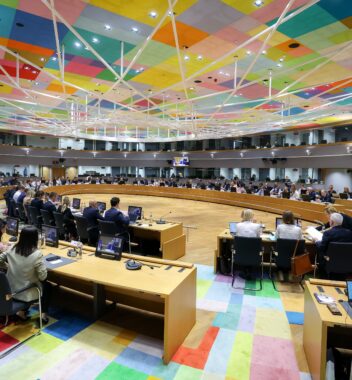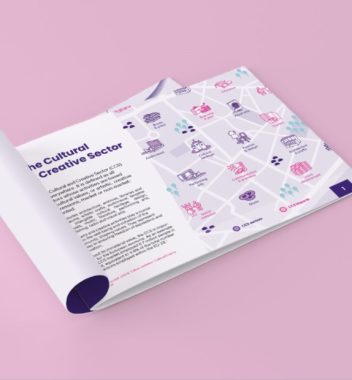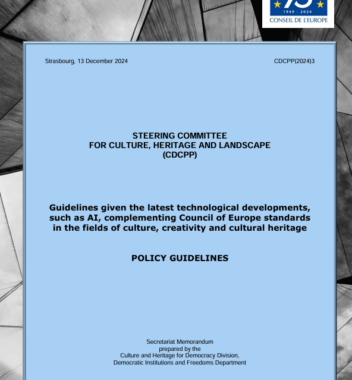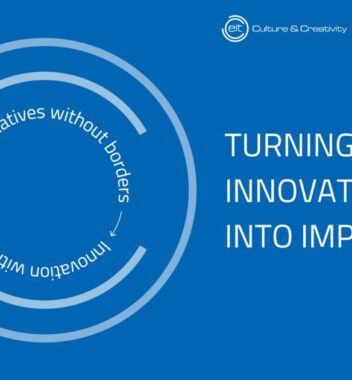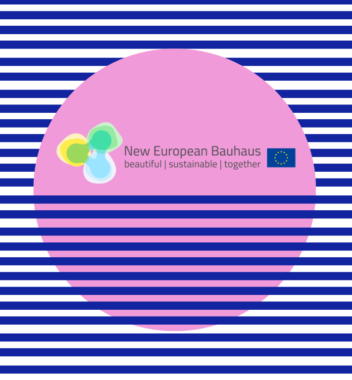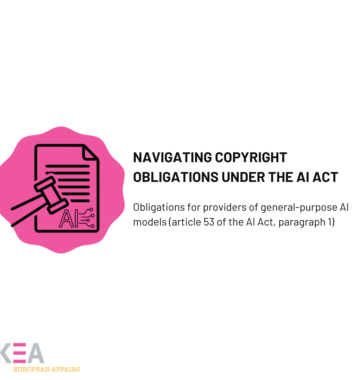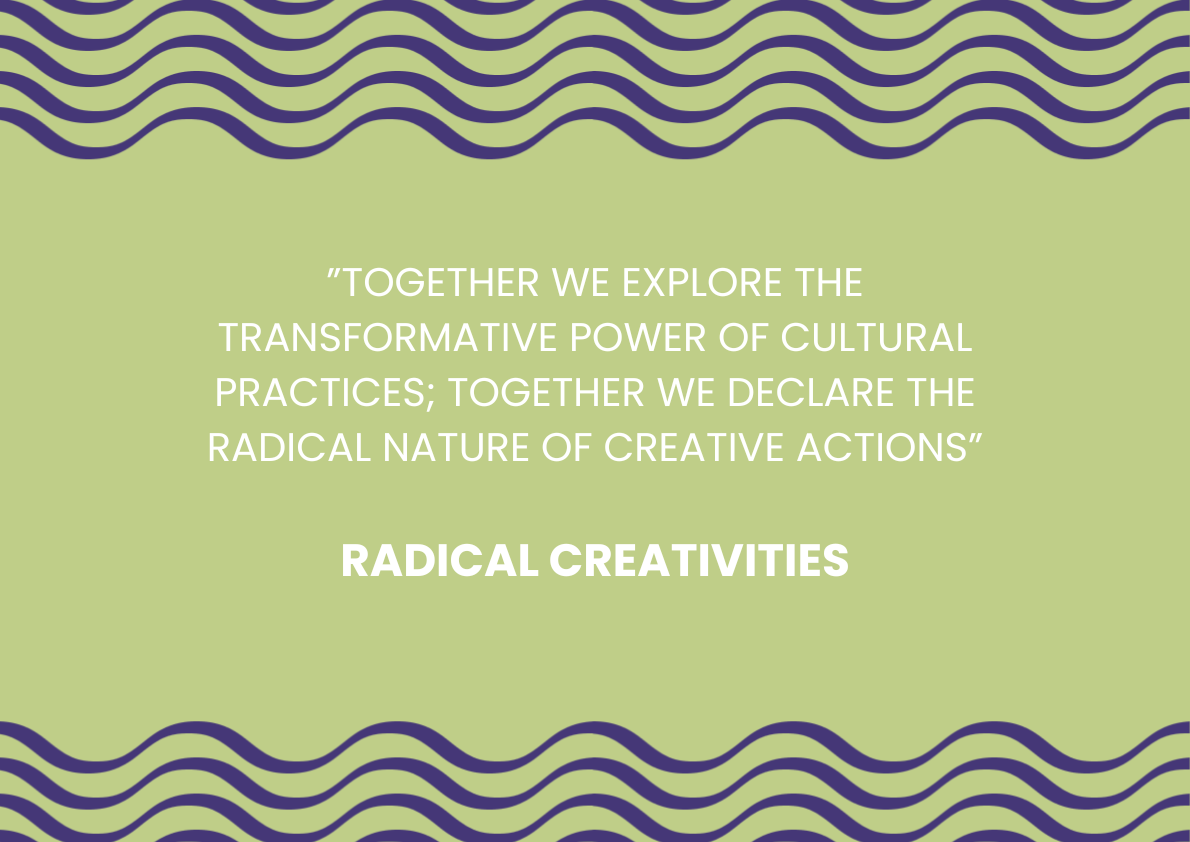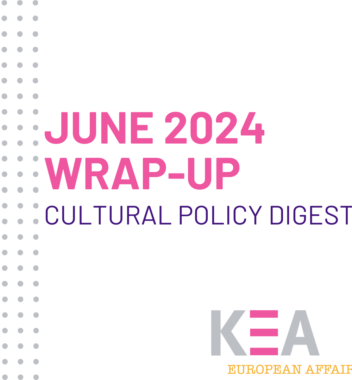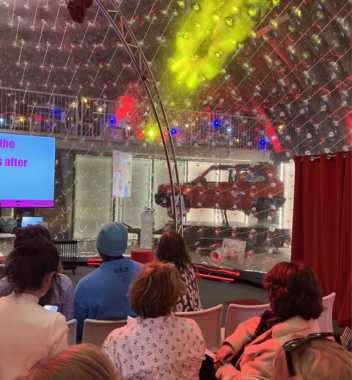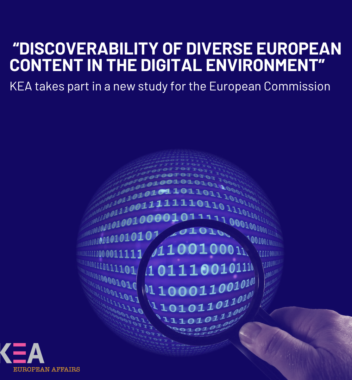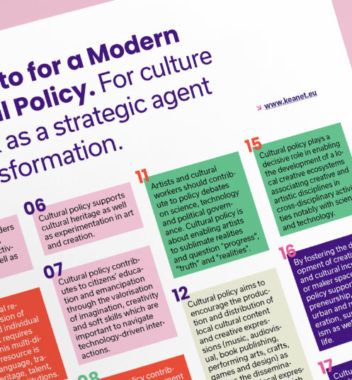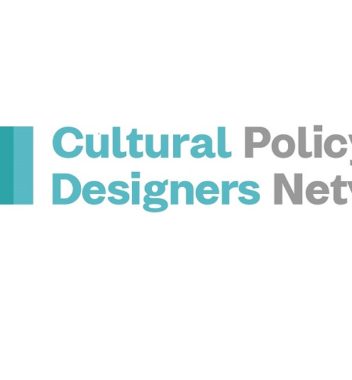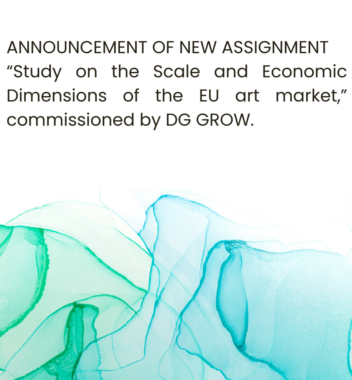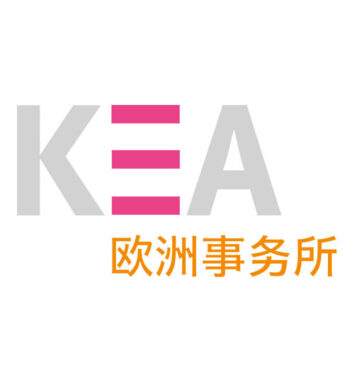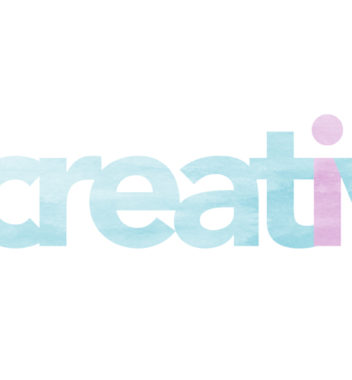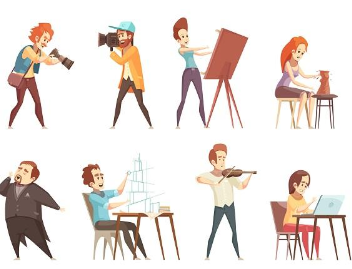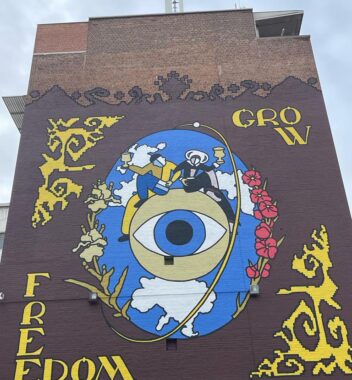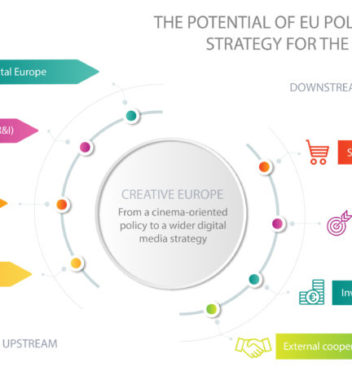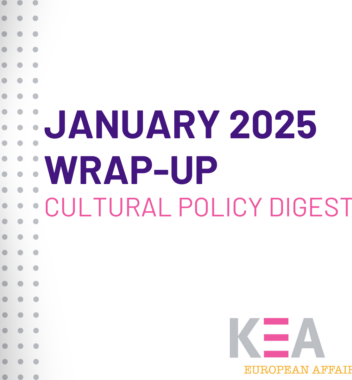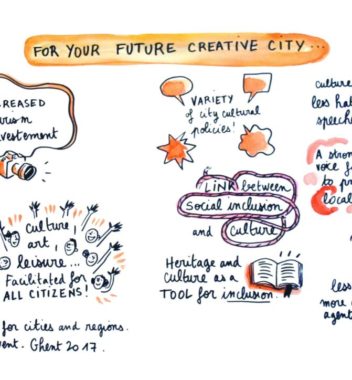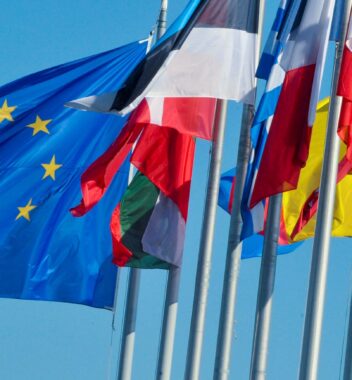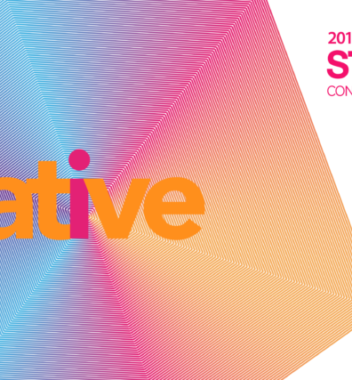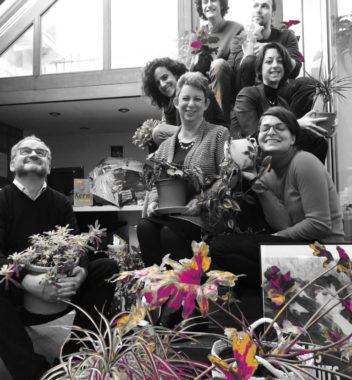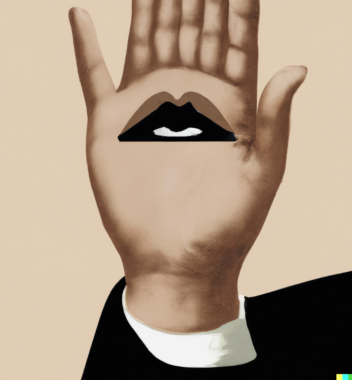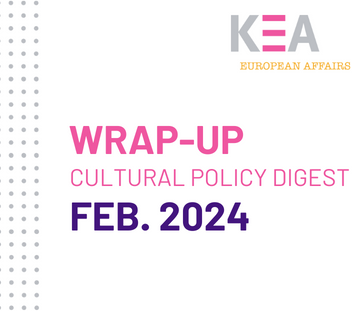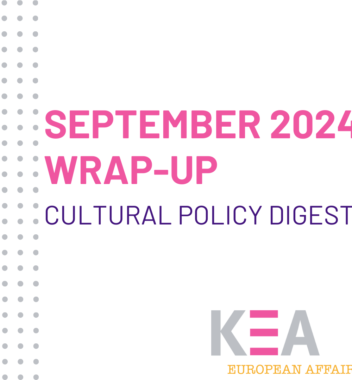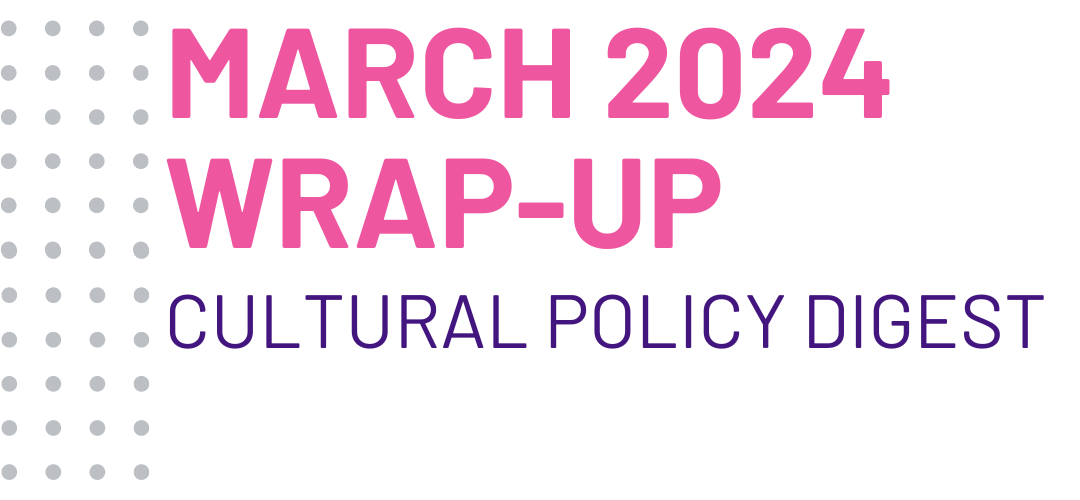
Shaping Copyright compliance in the Age of AI innovation
The fine imposed on Apple by the European Commission on the 4th of March set the stage for the month in which the regulatory landscape surrounding Artificial Intelligence reached an important milestone. Following months of anticipation and meticulous preparation, the Parliament adopted on the 13th the European Union’s groundbreaking AI Act.
Particularly relevant to the creative industries is the Act’s approach to regulating the use of generative AI and addressing copyright concerns. While some applications of AI may enhance creativity, generative AI often infringes upon authors’ rights by scraping copyrighted artworks for training purposes, leading to unfair competition and adverse effects on their working conditions. Generative AI can analyse and scrape data from existing creations and produce new ones on a large scale, capturing the essence of the training data without directly replicating it. This technology can generate a diverse array of content including images, videos, music, speech, text, software code, and product designs. Therefore, it has significant implications for cultural and creative industries.
Although the AI Act is a significant step in regulating AI and copyright law, its full enforceability is pending. The regulation is undergoing final scrutiny and is expected to be formally adopted before the end of the legislative session.
In the featured article, we explore the specific provisions of the AI Act and their implications in detail. Access here: EU AI Act: shaping Copyright compliance in the age of AI Innovation – KEA (keanet.eu)
The industry’s response to the topic has been positive, as evidenced by the Joint Statement from European creators and rightsholders coalition.
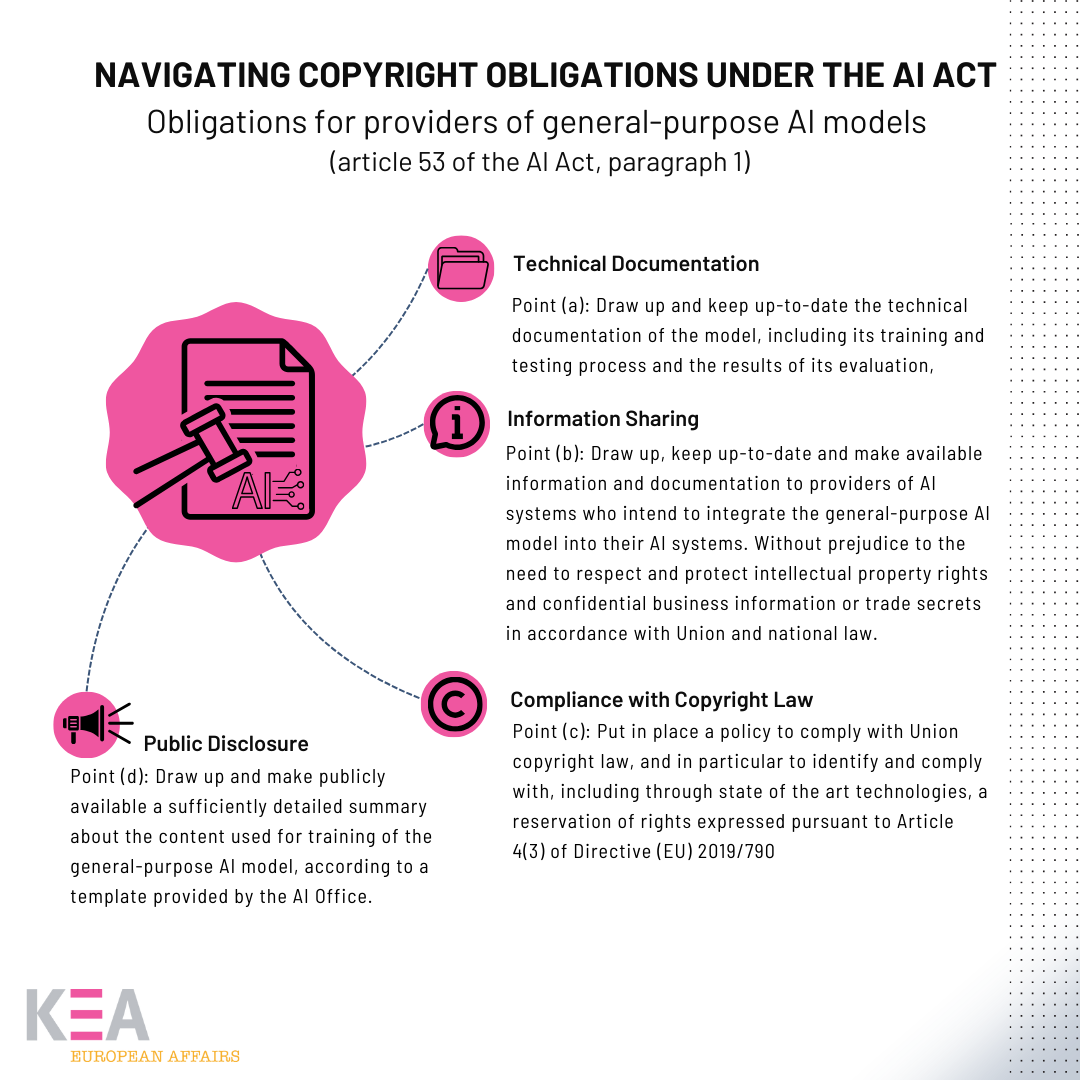
The implications of the Digital Markets Act for Cultural and Creative Industries
On March 7th, Apple, Alphabet, Meta, Amazon, Microsoft, and ByteDance, the six designated gatekeepers by the Commission since September 2023, are now required to fully comply with all obligations outlined in the Digital Markets Act (DMA).
The DMA is aimed at fostering more competitive and equitable digital markets within the EU. It introduces new regulations for 10 defined core platform services, including search engines, online marketplaces, app stores, online advertising, and messaging. This legislation also grants new rights to European businesses and end-users, with significant implications for the cultural and creative industries.
Business users operating within the EU, reliant on services provided by these gatekeepers to reach their customers, stand to benefit from new opportunities effective immediately, while end-users across Europe will experience enhanced choice and innovation in the digital space.
As we have shown in our last Cultural Policy Digest in February, CCIs stand out among the top industries attracting digital tech startups, indicating a robust ecosystem ripe for innovation. Particularly, artificial intelligence-based startups are prevalent within CCIs.
For this reason, as we navigate the evolving digital landscape, it is evident that the DMA will play a pivotal role in shaping the future of CCIs. By embracing these regulatory changes, stakeholders within the cultural and creative sectors can harness the full potential of digital technologies while driving forward a culture of innovation and prosperity.
“Today, the Digital Markets Act kicks in for all the gatekeepers we have designated half-a-year ago. Our new set of rules will now make online markets more open and contestable for small, innovative businesses to also get a fair chance of making it. And as consumers we will have more affordable options online. This will deeply change how online markets work and open up the digital marketplace, for the benefit of all European players, and users.”
Margrethe Vestager, Executive Vice-President in charge of competition policy (07/03/2024)
Empowering women in the Cultural and Creative Sectors
Finally, as the world celebrated International Women’s Day, attention was drawn to the pressing question: How can we fully unleash women’s innovative potential in the cultural and creative sectors? Our tailored article delved into this crucial issue, shedding light on the challenges faced by women in these industries.
Recent data highlights the persistent gender gap experienced by women in the CCS. Despite advancements in gender equality, women continue to encounter systemic barriers and differential treatment akin to other sectors. These challenges manifest in various forms, including limited access to decision-making and leadership roles, often referred to as the ‘glass ceiling.’ Additionally, women in the CCS face fewer opportunities to access the creative labour market, encounter obstacles in obtaining resources, and contend with significant pay disparities.
The gender imbalances within the CCS not only hinder women’s individual progress but also stifle the sectors’ overall potential for innovation and growth. As we reflect on International Women’s Day and beyond, it is imperative to champion initiatives that promote gender equity and empower women within the cultural and creative sectors.
Combatting loneliness through culture
In relation to the World Health Organization’s declaration of loneliness as a ‘global public health concern,’ KEA has been actively supporting balanced public policies that prioritize access to culture and the development of cultural spaces. Through our extensive research efforts, we have demonstrated how engagement with the arts contributes significantly to well-being and social cohesion.
Art and culture serve as a catalyst for inspiration, fostering imaginative thinking and creative solutions both within and beyond the workplace. In our latest article, we delve into the transformative power of culture in combating loneliness and enhancing overall health and happiness. Access the full resource here to learn more about the vital role of the arts in promoting social connection and well-being.
